Table of Contents
- Tracee Ellis Ross - Out in New York 09/28/2022 • CelebMafia
- Tracee Ellis Ross – Beautycon Festival in Los Angeles 08/12/2017 ...
- Tracee Ellis Ross Biography, Age ,Net Worth, Wiki, Real Name, Children ...
- Diana Ross gossip, latest news, photos, and video.
- TRACEE ELLIS ROSS Leaves Her Hotel in New York 09/28/2022 – HawtCelebs
- #tracee-ellis-ross on Tumblr
- Tracee Ellis Ross Talks Her 'Body's Ability To Make A Child ...
- Tracee Ellis Ross 2018: dating, net worth, tattoos, smoking & body ...
- Tracee Ellis Ross in Grey Plunge Bodysuit 09/06/2023 • CelebMafia
- The Best Beauty Looks from the 2024 Emmy Awards
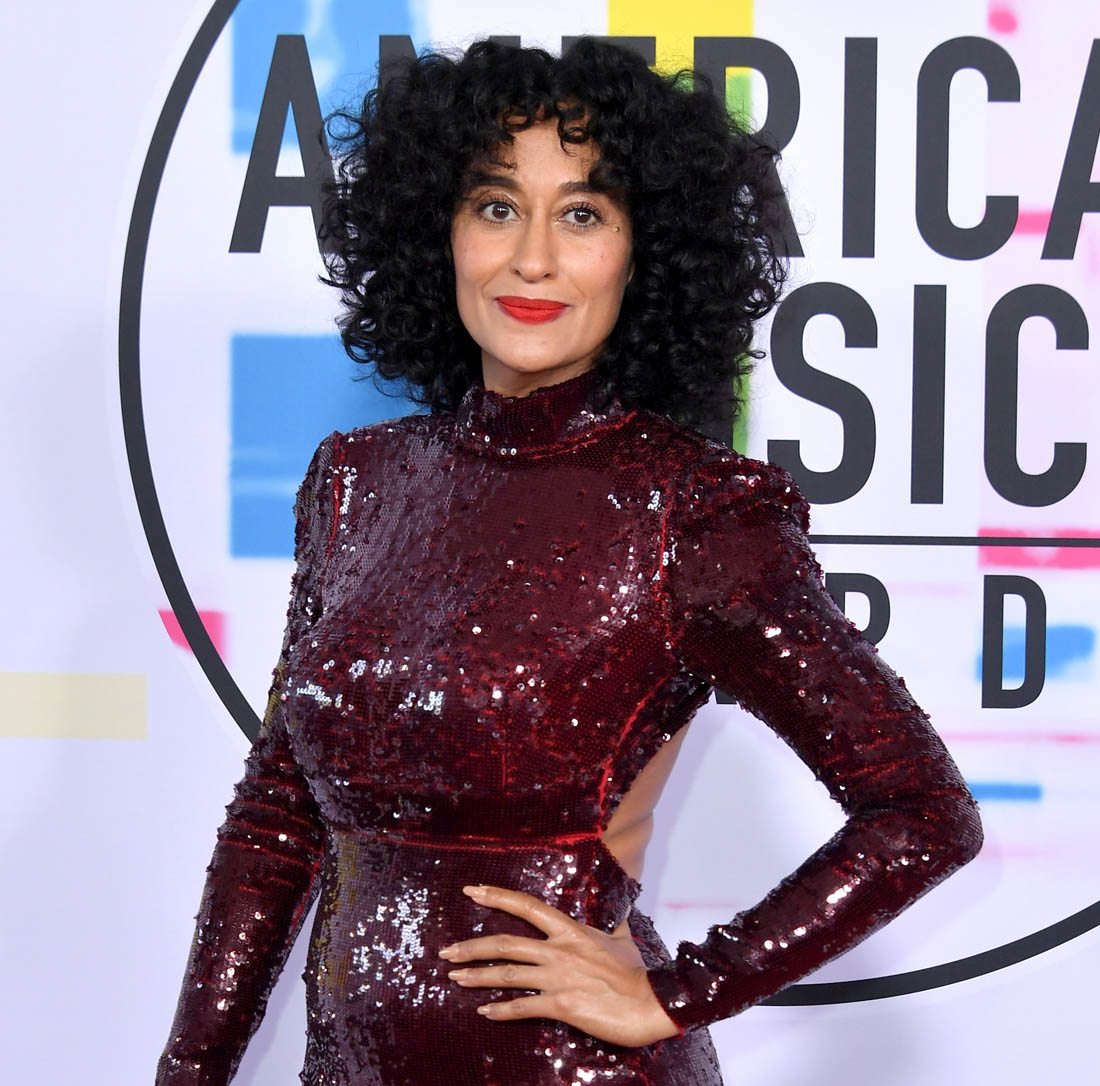
In the realm of television, few series have managed to captivate audiences with the same level of psychological depth and technological unease as Black Mirror. This anthology series, created by Charlie Brooker, has consistently pushed the boundaries of science fiction, delving into the darker aspects of technology and its impact on human society. Among its many thought-provoking episodes, the ones featuring Rashida Jones and Tracee Ellis Ross stand out, not just for their acting prowess, but for the bleakness and realism they bring to their respective roles. This article explores the insights of these talented actresses on the haunting realities portrayed in Black Mirror and what their experiences reveal about our collective future.

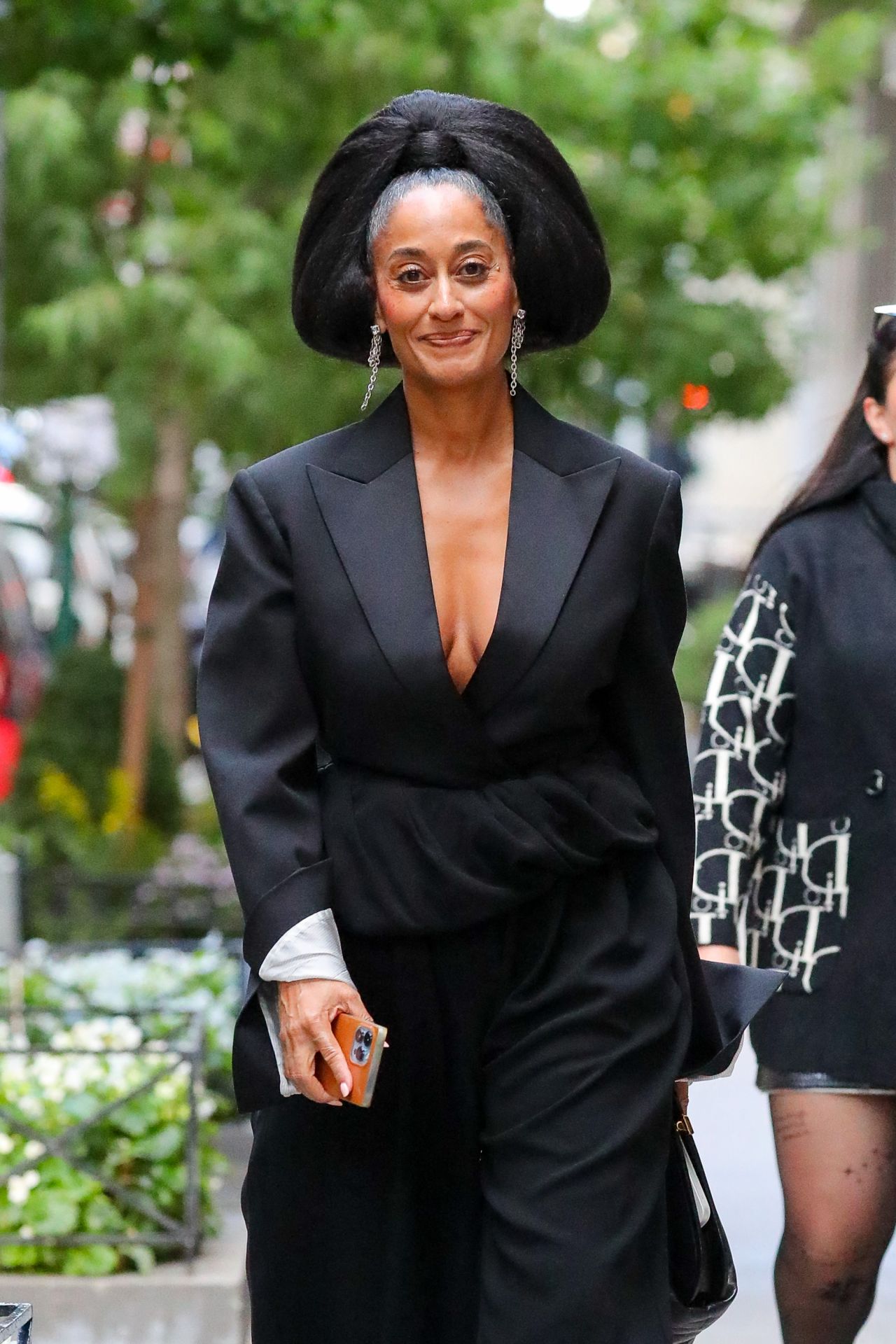
The Technological Dystopia: A Reflection of Our Fears
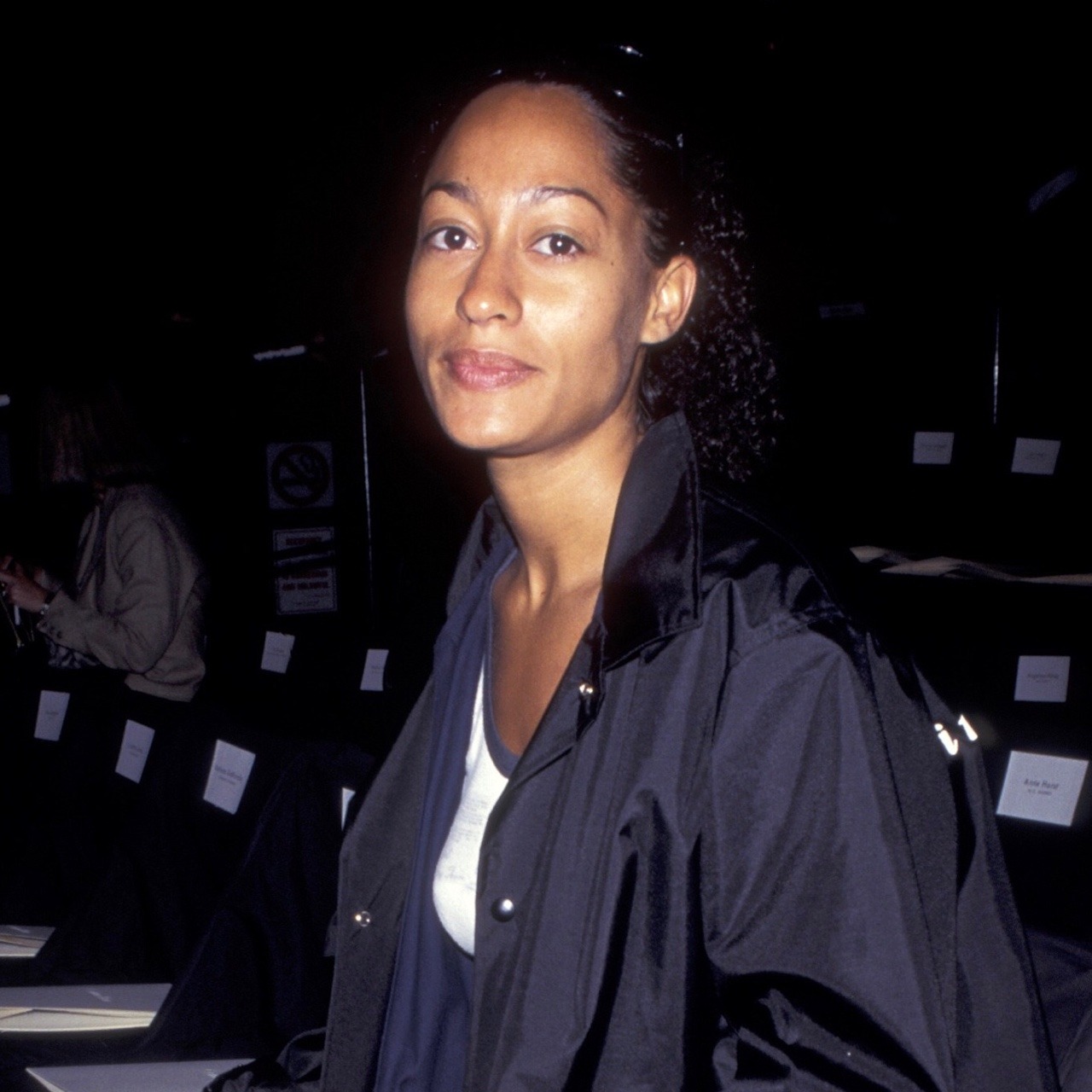
Rashida Jones, known for her versatile acting in a wide range of genres, brought a unique perspective to Black Mirror. Her involvement in the series highlights the show's ability to attract talent that is not only diverse but also deeply committed to exploring the human condition under the influence of advancing technology. When discussing her experience with Black Mirror, Jones often touches on the theme of how technology, while designed to make our lives easier and more connected, can also serve as a tool for isolation and societal control. This dichotomy is a central theme in many Black Mirror episodes, including those featuring Jones, where characters find themselves trapped in their own personalized realities, unable to distinguish between the virtual and the real.
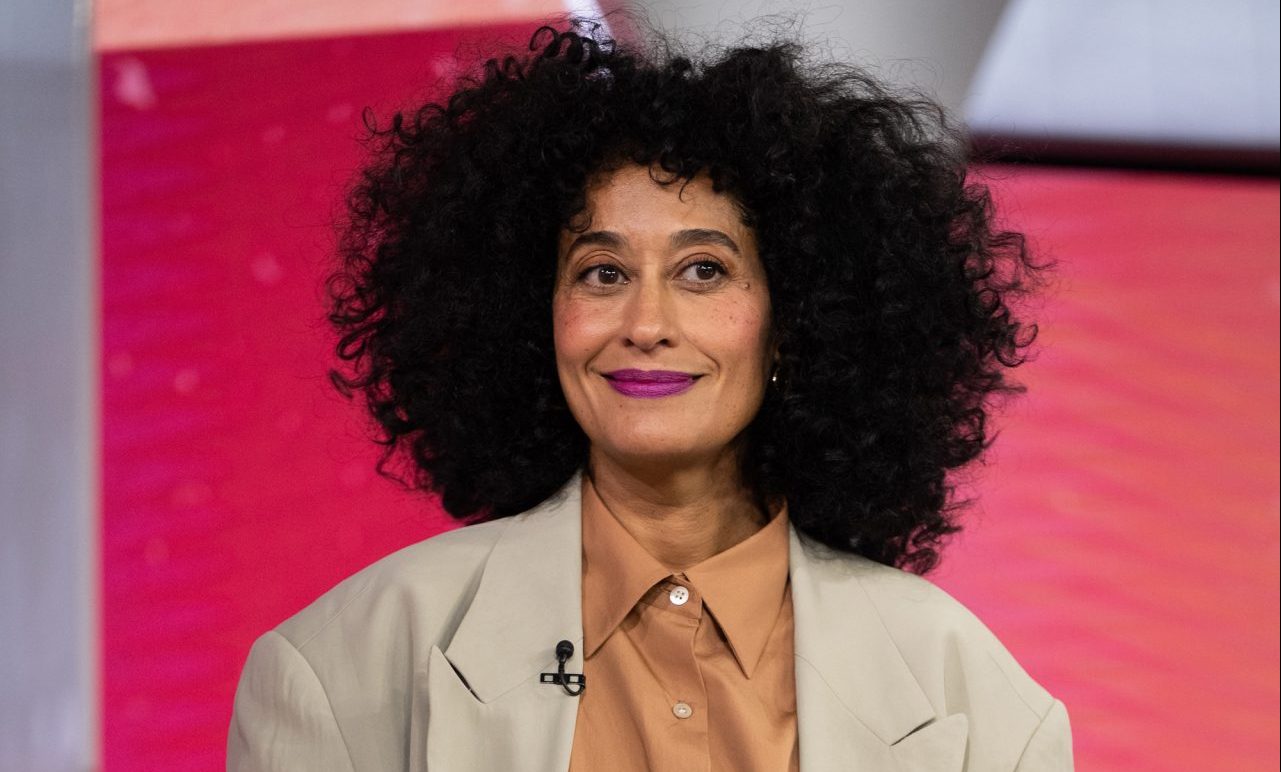
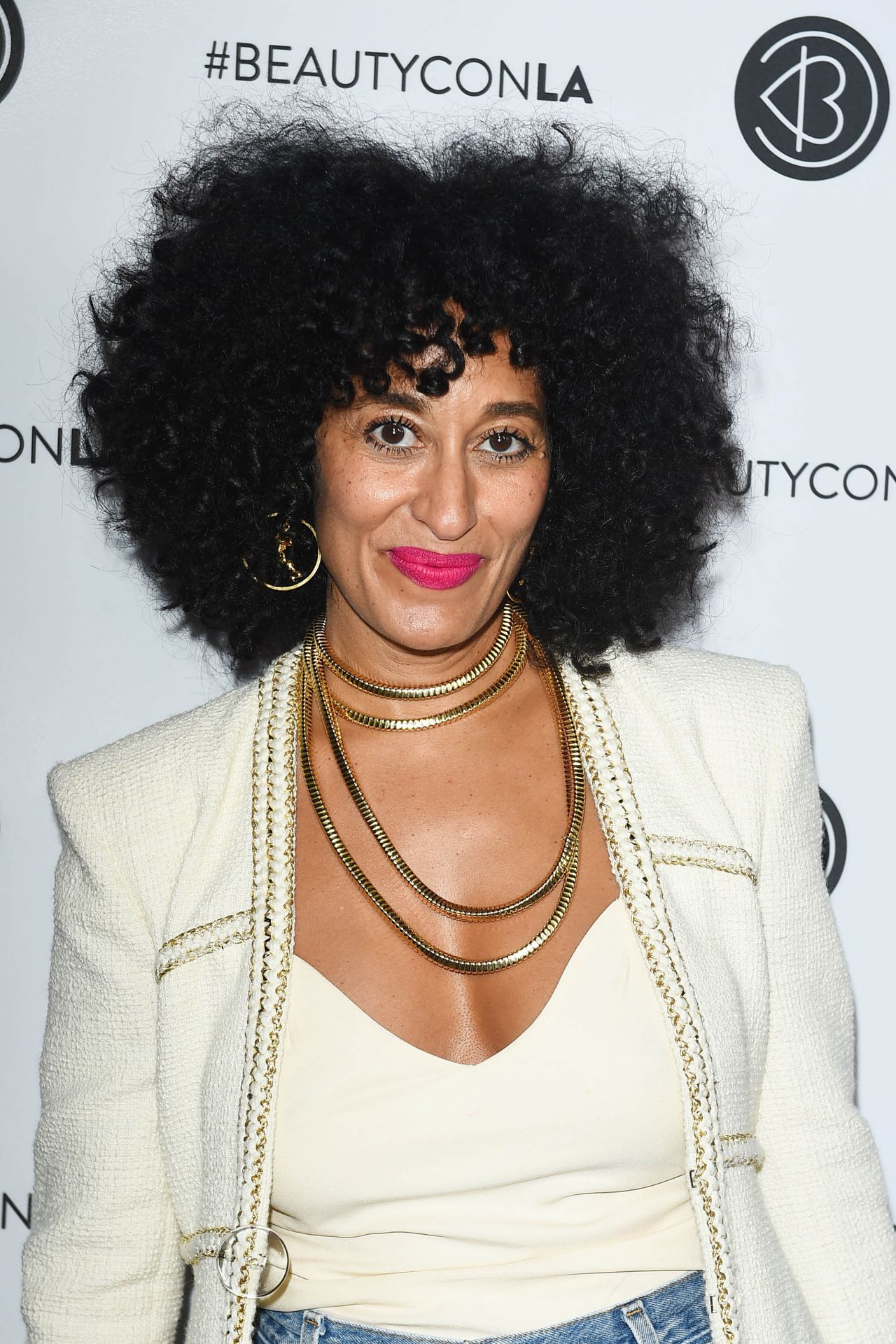
Tracee Ellis Ross: On the Human Condition and Social Commentary
Tracee Ellis Ross, with her extensive background in comedy and drama, brought a compelling depth to her role in Black Mirror. Her character's journey through the complexities of relationships in a world heavily influenced by social media and virtual interactions serves as a stark reminder of how our perceptions of love, friendship, and even ourselves are being reshaped by technology. In interviews, Ross has spoken about the importance of Black Mirror as a platform for social commentary, highlighting how the series challenges viewers to consider the long-term consequences of our current technological trajectory. Her insights underscore the show's role in sparking necessary conversations about privacy, free will, and the ethics of technological advancement.


The Bleakness of Reality: A Wake-Up Call
:max_bytes(150000):strip_icc()/GettyImages-1936093087-745d3aad72ea436d804d33a0411bf956.jpg)
The bleakness that pervades many Black Mirror episodes, including those featuring Rashida Jones and Tracee Ellis Ross, is not merely a product of the show's dystopian settings but a reflection of our current societal trends. The series acts as a mirror, held up to our faces, forcing us to confront the potential outcomes of our actions and the world we are creating. Both Jones and Ross have emphasized the importance of this reflection, suggesting that while the show's themes can be unsettling, they are necessary. They prompt us to question our reliance on technology and the impact it has on our humanity, encouraging a more mindful approach to innovation and a reconsideration of what we value as a society.
In conclusion, the contributions of Rashida Jones and Tracee Ellis Ross to Black Mirror not only enrich the series with their talent but also deepen its exploration of the human condition in the face of rapid technological change. Their insights into the bleakness and realism of the show highlight its significance as a tool for social commentary and a warning about the potential futures we might create. As we continue to navigate the complexities of our increasingly digital lives, Black Mirror, through the lens of its talented cast, including Jones and Ross, serves as a poignant reminder of the importance of ethical consideration and human empathy in the development and use of technology.
By embracing the challenges and questions posed by Black Mirror, we open ourselves to a more informed and thoughtful approach to the future, one that balances progress with the preservation of our humanity. The reflections of Rashida Jones and Tracee Ellis Ross on their experiences with the series underscore the value of this approach, encouraging viewers to look beyond the screen and into the mirror that Black Mirror holds up to society.